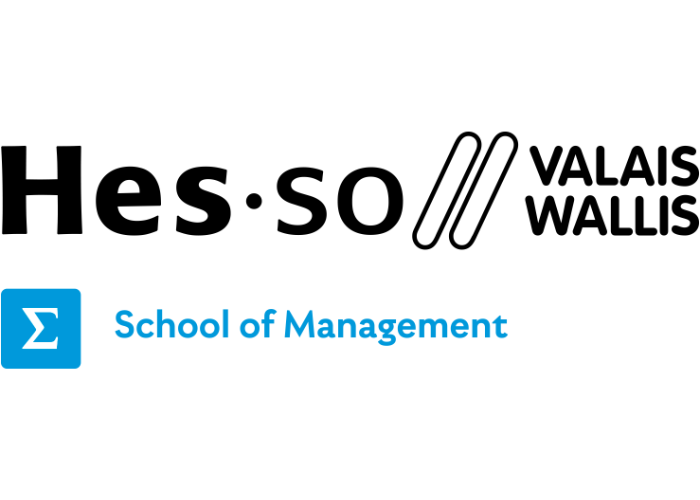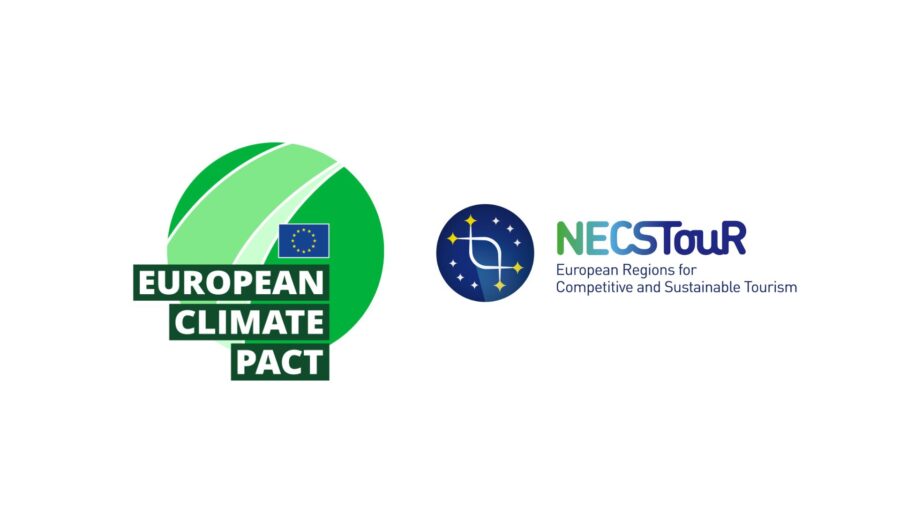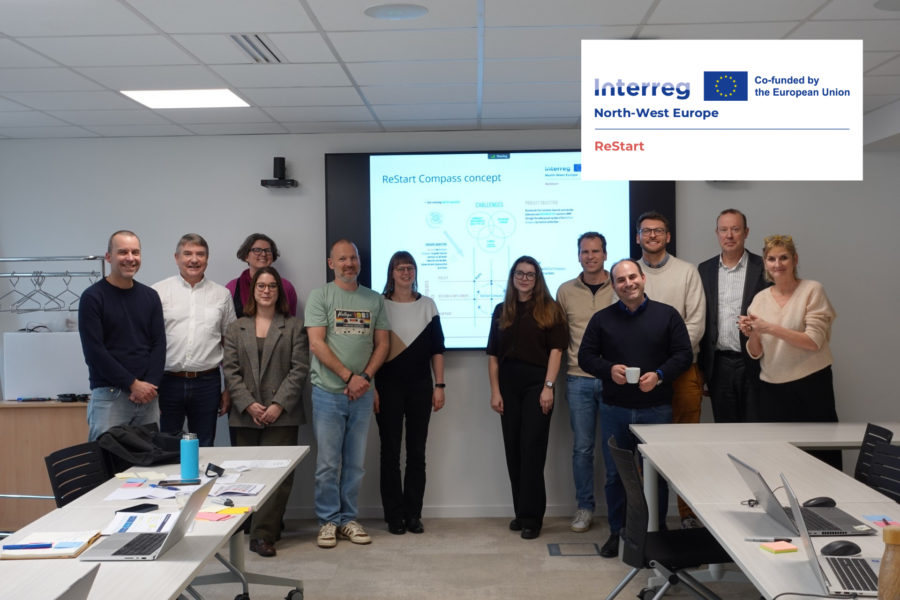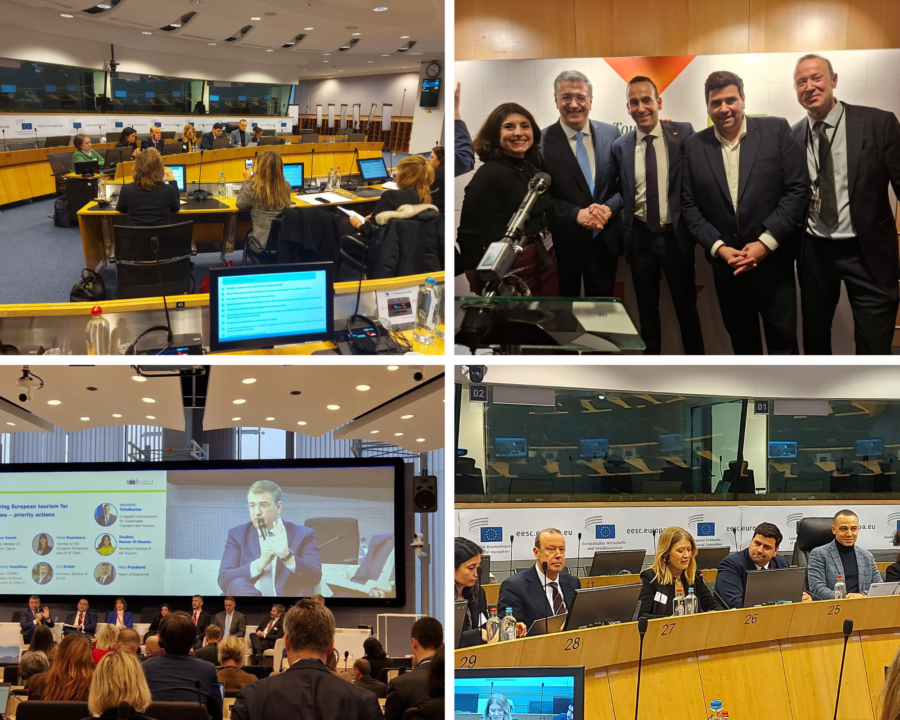

A new study by the NECSTouR academic member University of Applied Sciences of Western Switzerland Valais (HES-SO Valais-Wallis) reveals how AI is reshaping the European hospitality sector. Entitled “How AI is (and isn’t) Transforming European Hospitality,” the research is part of the Swiss national project Resilient Tourism and was conducted with support from national hotel associations in six countries and HOTREC.
Surveying over 1,500 hotels across Austria, Germany, France, Greece, Italy, and Switzerland, the study found that 41% of hotels have already started adopting AI tools, with the highest uptake in Germany, Austria and Switzerland. However, it is important to highlight that while there has been a notable increase in use of AI, most adopters are still in the early stages of implementation.
The surveys distributed to these hotels enabled researchers to gain insight into the perception of AI in this sector. With the average benefit score of AI tools was 6.6 out of 10, showing moderate satisfaction thus suggesting AI has not won over the hotel industry just yet. While the overall perception remains moderate, the hotels who participated in this research reported the greatest advantages of AI in the areas of guest communication, time savings, and operational efficiency.
This research also identified that the most used AI technologies in the hotel sector are generative AI (74%), online review analysis tools (44%) and dynamic pricing systems (42%). Despite a clear growing interest and increasing adoption in the hotel sector, the use of AI has been hindered by several challenges. Notably, the top barriers restricting the take-up of AI identified in this survey include a lack of awareness (39%), high setup costs (35%) and technical complexity (34%).
This study highlights that while AI is gaining traction, especially in marketing and guest services more advanced applications remain underutilised. While uptake is yet to spread completely across the sector, many hoteliers’ still express their optimism about AI’s potential, but caution that the path to widespread adoption is still fragmented. Additionally, this study underscores the need for greater education, investment, and support to help hotels fully leverage AI’s capabilities.
NECSTouR’s Tourism of Tomorrow Lab is working extensively with its member regions on real-world projects applying AI to the tourism sector, focusing for instance on AI’s application in destination marketing, how to generate promotional content, and how to conduct market research and competitive analysis with other destinations and much more.
You can read the first part of the HES-SO Valais-Wallis report here.
The second part of HES-SO Valais-Wallis’ European hotel study focusing on revenue management, KPIs and sales is available to read through the button below:


